IRS Warns Tax ‘Refunds May Be Smaller in 2023’
Nov 29, 2023 By Susan Kelly
Are you planning on relying on your tax refund in 2023? Be warned - the size of those refunds may be smaller than expected. Earlier this month, the Internal Revenue Service (IRS) warned that taxpayers should expect reduced refunds from federal returns filed next year due to changes made by the Tax Cuts and Jobs Act of 2017.
This law applies to all returns prepared for tax years beginning after December 31, 2022, so those filing their taxes for the calendar year 2023 will be feeling its effects during the upcoming spring tax season. Read on to understand why this is happening and what it might mean for your financial situation in 2023!
Types of Savings Accounts and Their Benefits
Saving money is an important part of financial health and security. A savings account lets you put away money for emergencies, holidays, unexpected bills, and other expenses. Various savings accounts are available that provide different benefits depending on your financial needs.
A basic savings account typically offers the convenience of a checking account without the risk of overdrawing money and the ability to earn interest. This type of account is commonly offered with a minimum balance requirement and generally comes with a low-interest rate. As one of the most common savings accounts, it provides an easy way to save and access your funds when needed.
Money market accounts are similar to basic savings but typically have higher minimum balances and may offer higher returns on investment. They also usually come with check-writing privileges and ATM access. Money market accounts are ideal for individuals with enough money to keep the minimum balance requirement, as they can earn more interest over time without taking too much risk.
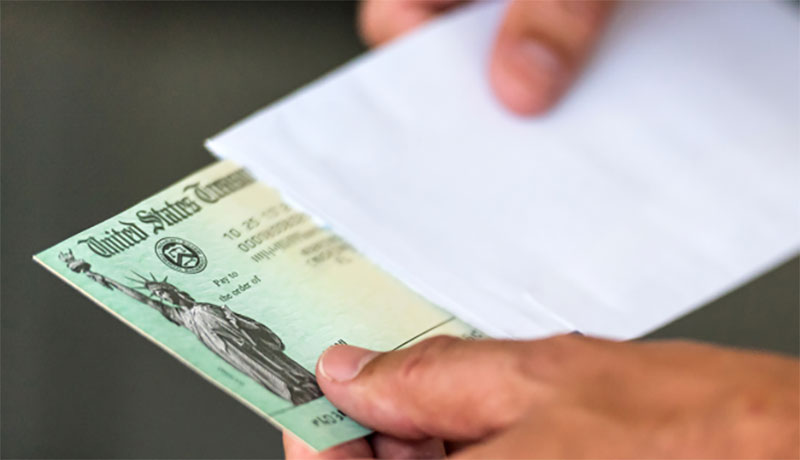
Understanding High-Yield Savings Accounts
As the Internal Revenue Service (IRS) has warned, tax refunds may be smaller in 2023. This means taxpayers must now prepare and plan to absorb any potential losses when filing their taxes. One of the best ways to do this is to open a high-yield savings account that will generate interest and help cushion the blow of any refund decreases.
High-yield savings accounts are bank accounts specifically designed to provide a higher interest rate than traditional savings accounts. The average high-yield savings account offers an annual percentage yield (APY) of one percent or more, higher than the 0.06% APY offered by most regular savings accounts. This means your money will grow faster in a high-yield savings account and can help you maximize your return.
These accounts are also typically more flexible than traditional savings and offer higher withdrawal limits, making them ideal for depositing tax refunds. They may also come with lower or no fees at all, meaning that any money earned from the interest rate will stay in your account instead of going to the bank.

The Pros and Cons of High-Yield Savings Accounts
When saving money for the future, one option that many people like to look at is a high-yield savings account. High-yield savings accounts provide higher interest rates than traditional ones, allowing savers to make more money with their deposits over time. But these accounts have pros and cons, so it's important to understand what they are before deciding.
The greatest benefit of high-yield savings accounts is the interest you can earn. These accounts often provide higher rates than traditional savings accounts, which means more money for savers over time. Many online banks offer extremely competitive interest rates on these accounts, so it's worth researching to find the best rate.
Another benefit is that these accounts are usually very accessible. Many online banks offer 24/7 access to your funds, so you don't have to worry about waiting for a bank teller or having someone else manage your money. You can make deposits and withdrawals from anywhere with an internet connection, making it easy and convenient to manage your funds.
Where to Find the Best Deals on High-Yield Savings Accounts
High-yield savings accounts are a great option to maximize your savings in 2023. The IRS has recently warned that tax refunds may be smaller this year due to the economic consequences of the pandemic, making it more important than ever to make sure your money works for you.
High-yield savings accounts allow you to earn more interest on your money than a standard savings account. Not only that, but they are also federally insured and provide an easy way to save for future needs.
When it comes to finding the best deals on high-yield savings accounts, there are several things you should keep in mind. First, it's important to compare the features of different accounts. Different banks offer different types of high-yield savings accounts, so be sure to look for one that fits your needs.
Strategies for Maximizing Your Earnings Through a High-Yield Savings Account
With the Internal Revenue Service (IRS) recently warning that tax refunds may be smaller in 2023, focusing on financial planning and maximizing your earnings is more important than ever. One of the best ways to do this is by taking advantage of high-yield savings accounts.
High-yield savings accounts offer higher interest rates than traditional ones, allowing you to earn more money over time. The higher return allows you to save more and build a stronger financial foundation for the future. With some research and effort, you can find an account offering competitive rates and features that suit your needs.
First, it's important to understand what type of account will meet your goals. High-yield savings accounts can be online or traditional and typically offer higher rates than standard ones. Online accounts are generally more convenient as they offer features like mobile banking, transfers to other financial institutions, and rewards programs.
Making the Most of Your Money With a High-Yield Savings Account
The IRS has warned taxpayers that their tax refunds may be smaller in 2023, but there are ways to ensure you're making the most of your money. One great way to do this is by opening a high-yield savings account.
Financial institutions offer high-yield savings accounts and significantly higher interest rates than traditional ones. The high-yield savings rate is usually around 5% or more, compared to a typical 0.06% interest offered on traditional accounts. This means you will earn more interest when your money is deposited in the high-yield account.
The main advantage of high-yield savings accounts is their relatively low barrier to entry – most banks require no minimum deposit, and some offer attractive bonuses for opening an account with them.
FAQs
How might my tax refund be impacted in 2023?
The Internal Revenue Service (IRS) has warned that many taxpayers may see smaller refunds in 2023 due to several new Tax Cuts and Jobs Act provisions. These changes could result in individuals paying more taxes over time, resulting in smaller refunds.
Are there any changes I should be aware of to avoid this outcome?
The IRS suggests that taxpayers plan and adjust their withholding if they're concerned about the potential for a smaller refund. Taxpayers can use the Withholding Calculator on IRS.gov to help them determine how much tax needs to be withheld from their paychecks and ensure they don't owe taxes or get a smaller refund.
Is there anything else I should keep in mind?
If taxpayers don't adjust their withholding, they may see bigger refunds for 2021 but smaller refunds down the line. Reviewing your finances regularly and adjusting your withholding if necessary to avoid these tax surprises is important. The IRS advises taxpayers to use the Withholding Calculator on IRS.
Conclusion
This article has provided useful information about the potential impacts of IRS Warns Tax 'Refunds May Be Smaller In 2023. It is important to understand the potential effects of these changes on your financial situation and plan accordingly. If you have any additional questions, it's best to consult a professional tax advisor or an accountant for more specific guidance.
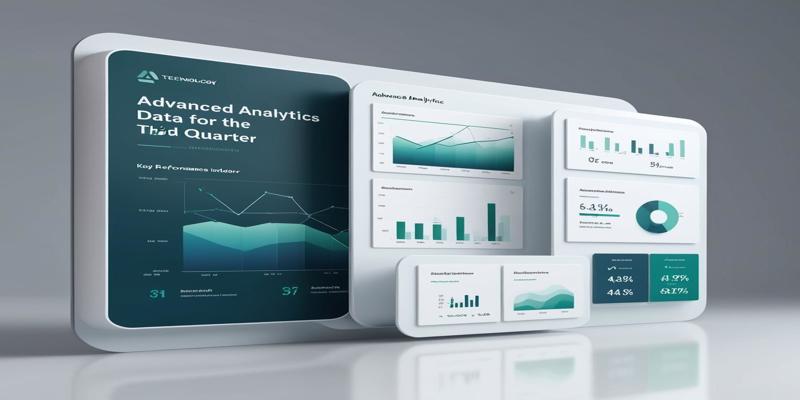
Find Q3 Investments in Technology and Advanced Analytics
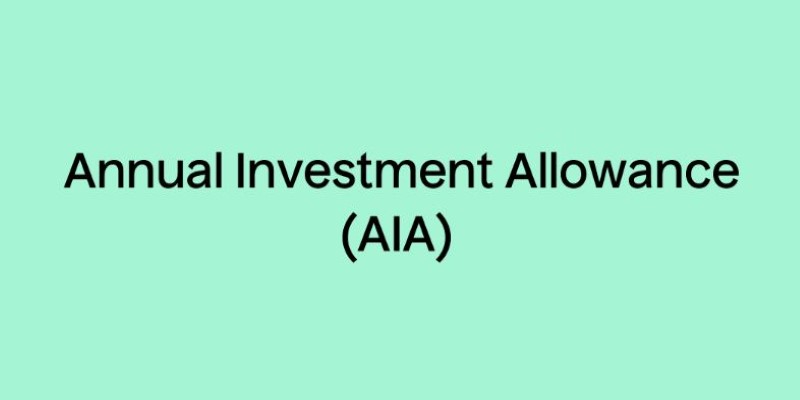
A Comprehensive Guide to the Annual Investment Allowance (AIA) and Its Eligibility
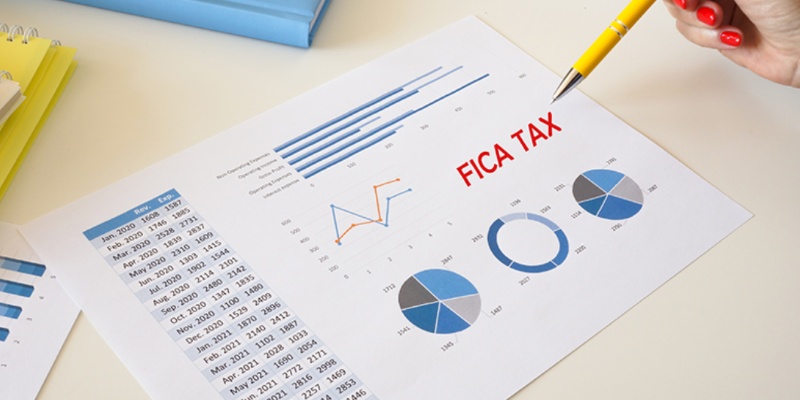
Understanding FICA Taxes: What You Need to Know

The 4 Most Effective Apps For Saving Cash In 2022
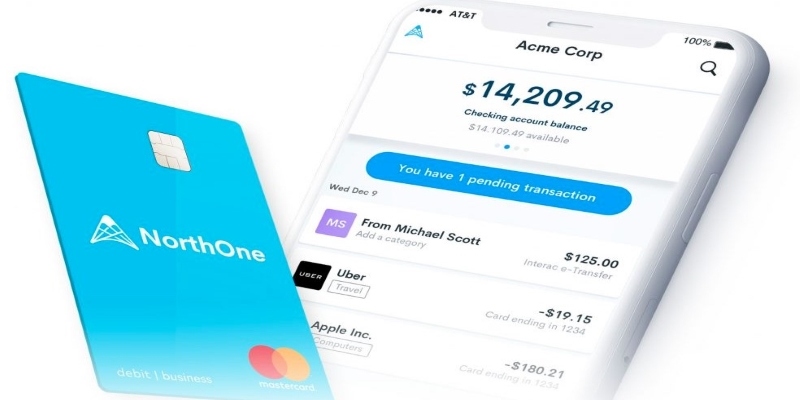
NorthOne Business Banking Review 2024: Simplified and Effective Solutions

What Exactly Is An Affinity Card
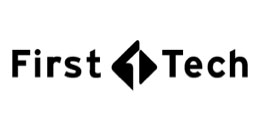
First Tech Federal Credit Union Review

tax implications of stock trading

Credit Cards That Offer 2% Or More In Cash Back On All Purchases

